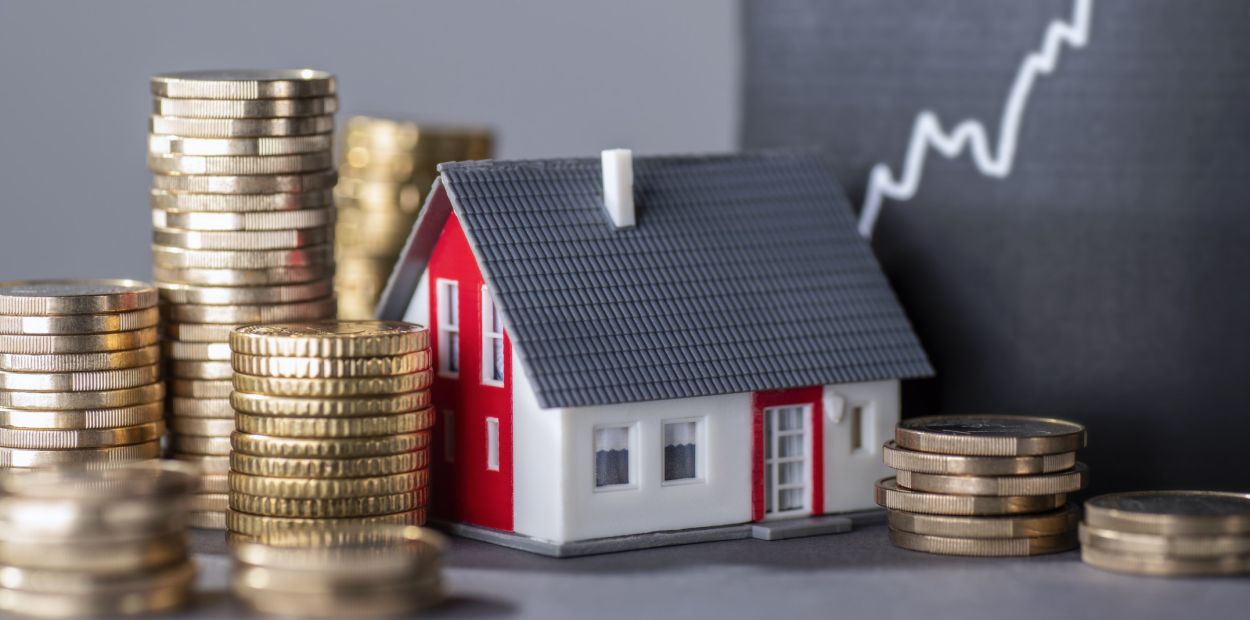
Real estate is always in high demand in Switzerland, but the market has rarely been as favorable for sellers as it is now. If you make a profit from selling your property, the cantons impose a toll known as the real estate gains tax.
As an example in the canton of Zurich: If you were to buy a house for CHF 800'000 and sell it six years later for CHF 1'000'000, there would be a profit of CHF 200'000, resulting in a tax debt of CHF 63'848 (excluding real estate commission & other costs).
Therefore, the real estate gains tax is a hefty toll, but it can still be reduced and deferred.
You can often defer the tax by investing the profit from the sale into the purchase of a new property. However, you must meet the following conditions:
There are the basic requirements for delaying the real estate gains tax. Note that time limits and tax rates vary from canton to canton. As soon as you consider selling your home, you should create a sales strategy in professional tax consultation to always be on the safe side.
The greatest potential for savings when selling your property is simply achieved by living in your home for a long time. The longer your house serves as your main residence, the greater the reduction in real estate gains tax. Going back to our example in the canton of Zurich: if you live in your home for only six years and sell it for CHF 1'000'000 with a profit of CHF 200'000, you have a tax liability of CHF 63'848. However, if you live in the same house for 20 years, you receive the maximum tax reduction and pay only CHF 34'700.
You can also deduct renovation costs on the property from the profit, thereby lowering the tax liability. However, the construction work must be value-adding and not just value-maintaining. A new pool or garage extension are value-adding, while minor repair work is considered maintenance. Therefore, carefully document all construction measures to always have the corresponding receipts available for the tax office.
The real estate gains tax is inevitable, but deferring it can still be beneficial, since the tax is only due in the distant future at the next sale (or the one after). Additionally, the period of ownership is cumulative across several properties. So, if you have lived in three different homes for a total of 20 years, you will only have to pay the tax at the very last sale and will profit from the maximum possible tax reduction.
So by deferring the tax, you are planning far ahead into the future, which gives you time to develop the optimal tax strategy. To support you in this endeavor, Zürcher Treuhand provides personalized consulting to take care of all your financial matters – Contact us now.
Taxes are an important topic in Switzerland. The differences, regionally and in the way of taxation, are often discussed. It is precisely these differences that are worth taking a closer look at. Because with clever tax planning, you can save several thousand francs per year. Find out here how you can also sustainably reduce your tax burden with the most important starting points.
If a company generates more than CHF 100,000 in taxable sales, it becomes liable for VAT in Switzerland. This also applies to foreign companies if they generate part of their sales here. . In this article we explain the two methods, their advantages and disadvantages, and how you can change your accounting method.
Foreigners residing in Switzerland and cross-border commuters pay tax on their income directly at source. This means that their taxes are deducted directly from their wages each month. Employers must take care of the declaration and payment of taxes to the authorities.
Real estate is always in high demand in Switzerland, but the market has rarely been as favorable for sellers as it is now. If you make a profit from selling your property, the cantons impose a toll known as the real estate gains tax. Here we explain everything you have to know.
The participation exemption in Switzerland can provide tax relief for companies that receive participation income from subsidiaries. Zürcher Treuhand tells you what you need to know about the participation exemption.
Switzerland is one of the wealthiest countries in the world — 15.7% of the adult population are millionaires, putting the country far ahead globally. This makes Switzerland an attractive destination for expats. Foreigners planning a move to Switzerland should be aware of the following tax obligations.